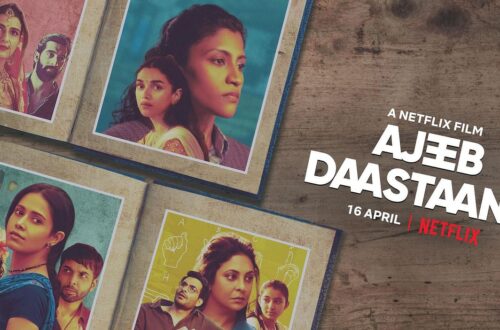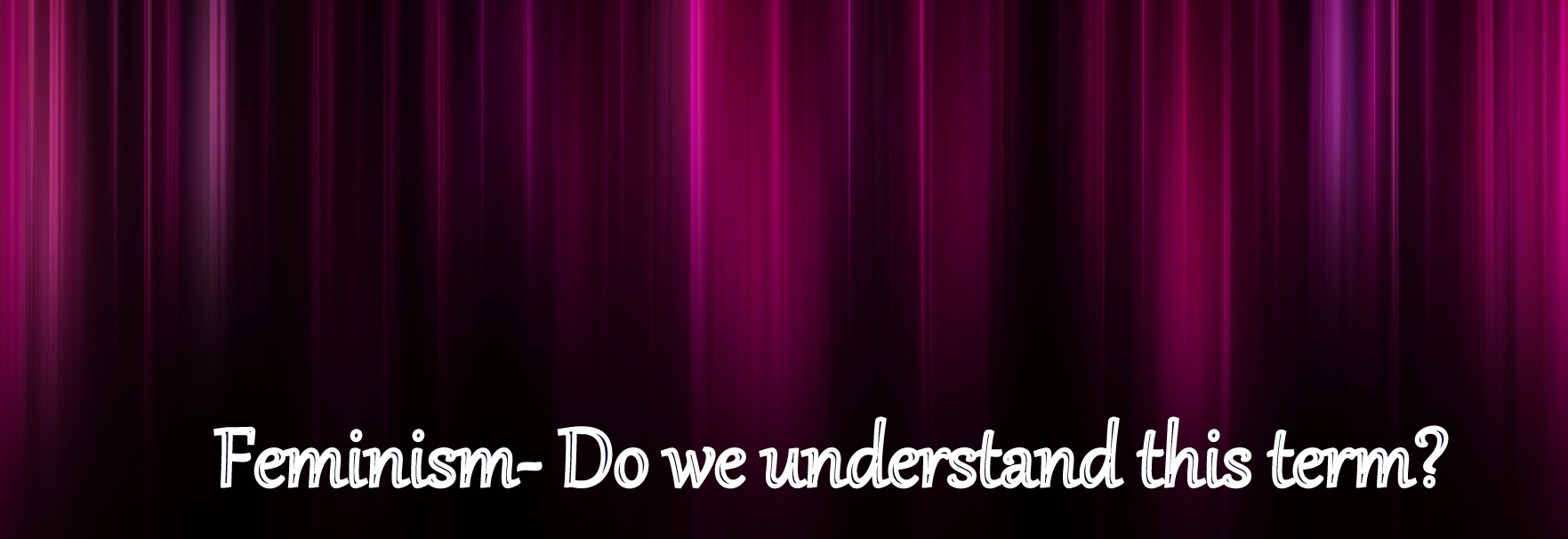NET NEUTRALITY: People Vs Service Providers
Technology is a wonderful thing but we are seldom comfortable with the tech lingo that is used. NET NEUTRALITY! The air smells of this term, the social media sites are flooded with the posts related to this, the news channels are also broadcasting about this. But how many of us really know what this actually means? In fact, even if we know, we do not completely understand the implications of this. Or do we?
What is NET NEUTRALITY?
Heard about “Open Internet”? Well, yes, Net neutrality is just an alias for an open internet. The basic idea behind the open internet is that the internet service providers should treat the websites, technology companies, services, applications like Skype (Microsoft), YouTube (Google), Facebook, etc the same. Even the data from the companies are treated as the same. In more simpler words, Google does not get special importance over Netflix. But there is one loophole in using the open internet. The ISP’s (Internet Service Providers) want to segregate the data and the companies into two broadband speed lanes- the fast lane and the slow lane. The fast lane would consist of high quality and speedy buffering of videos, but this would require the users to pay a premium amount. To understand better, YouTube would be made to pay a premium amount in order to be able to stream good quality videos with great speed of buffering. If it does not pay, then the users will only be able to stream slow and choppy videos. The other lane (slow lane) would be for everyone who cannot afford the fast lane. For example, say you want to give competition to Youtube and for this, you would need to pay a premium for fast lane service so that your YouTube-2 (say) can stream faster and high-quality videos. But in case you are not able to afford the fast lane, then this would give you an instant disadvantage to YouTube and erode your startup.
What is the problem?
The idea of treating all the content of internet as equal, is more like a dream now because the Federal Communications Commission (US) introduced a legislative proposal in May 2014 that aims in breaking net neutrality and developing a two-tier system (the one in which rich get faster internet while the poor get slower internet). The proposed rules would give the power to the ISPs to charge technology companies for access to data to the faster lanes. The implementation of FCC rules would erode the business model of the startup companies as they would not have financial budget to pay for fast lanes. Also the cost of internet usage, for the customers, would touch the sky.
How people in the US responded?
When the FCC chairman, Tom Wheeler released the plan of the two-tier system, there was a massive protest from the people. Several consumer groups attacked the proposal claiming that this would lead to increase in the cost and also hurt the small startups. The outcry of millions was evident when British Comedian John Oliver explained about this whole issue on his HBO show. He requested the viewers to argue against these laws stressing upon the counter effect they would have on net neutrality. The FCC website went offline one day, after Oliver’s show was aired, due to the overload of traffic.
The Big Fight (Indian Scenario)!
Till date, the telecom companies have earned huge profits owing to the advancement from virtually nothing to 800 million mobile phone users. All this time the major focus of these companies was to sell voice minutes and earn the profit. They used Voice over internet protocol to connect with other companies and provide calls over the internet. And since the cost of VOIP is nothing as compared to the conventional cost of the voice calls, these companies played in money. But now, owing to the likes of Whatsapp, Skype, hangouts the consumers can get access to similar voice calls delivered at the standard price of internet. This has made the telcos behave like a cat on hot bricks. They are now nervous and scared, for their economy is at stake and their margins are diminishing.
Therefore, to get the ball back in their court, the telcos are favouring the FCC legislative law and wanting to charge whatever they want, whenever they want and however they want. For an instance, if Airtel does not like Youtube, it can launch its own app for free and place a price tag (quite an expensive one) on Youtube. One of the telcos, Reliance has already steeped further in this event and launched the scheme of Internet.org, where Bing is accessible for free while the users are charged for accessing Google. Similarly, BabaJobs is freely accessible while Naukri.com has become paid. According to Reliance, this new scheme is a “solution for poor nations”. But what actually they think (beneath the façade) is “solution to make the nations poor”.
Unlike India, the US government has strongly revolted against the two-tier system and as for now, the FCC regulations have been restricted to being on papers. But in India, the telcos have managed one person to write a consultation paper on the behalf on TRAI (Telecom Regulatory Authority of India), asking for the public opinion on allowing the telcos to break the system of net neutrality. (To read the complete consultation paper, follow this link:http://www.trai.gov.in/WriteReaddata/ConsultationPaper/Document/OTT-CP27032015.pdf).
What happens if we let this pass?
1. Worst internet experience ever. Just like Facebook and Reliance are offering Facebook for free while Twitter is being charged, or Bing is for free while Google is being charged, the use of internet at our own will be put to a dead end. Being the consumers, we should have the right to choose whichever social network site we want and not to let some rapacious telecom company decide for us.
2. Higher bills! And this would definitely be troublesome for all the Indians. There was a time (it still is) when we were being charged for bandwidth. But this time will end soon if no proper action is taken against the illogical ruling of the telcos. Nobody has a problem to pay for the bandwidth (we already do that now). But to pay for the site that you want to open or use is the illogical and total breach of internet users’ rights.
There are many more implications if we let TRAI win. But listing them here would be a total waste of my as well as your time because there is much more we can do to help save our internet.
What can be done to help?
Trai, along with telcos and the COAI (Cellular Association of India) have formed a solid partnership and they are trying to push through the anti-net neutrality in India. The only thing that we all can do to stop this is to ensure that net neutrality prevails.
There are two things that can be done:
1. Sign this petition :
https://www.change.org/p/rsprasad-trai-don-t-allow-differential-pricing-of-services-let-consumers-choose-how-they-want-to-use-internet-netneutrality
There is a list of 20 long questions, which we need to answer and send in latest by 24th April 2015.
2. Write/ mail directly to TRAI at [email protected]
It is high time that we, Indians, start taking action against FCC regulations and save net neutrality.
**For those who are now aware of this big fight, my request to you is to do your bit, to stop this from happening by following either of the two options.
**For those who are still confused as to what net neutrality is all about, my request to you is to forward this post to your friends, family members or colleagues so that they can do their bit and ensure net neutrality.
Thank you for sparing time and reading along.
~First published on Half Baked Beans blogging website


